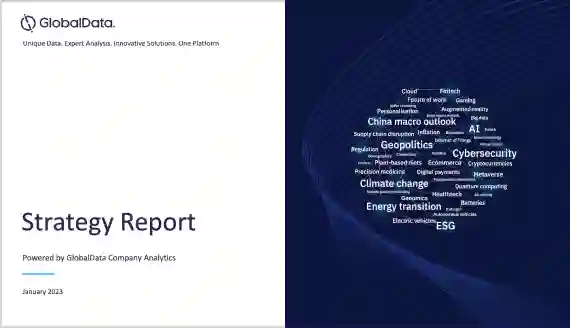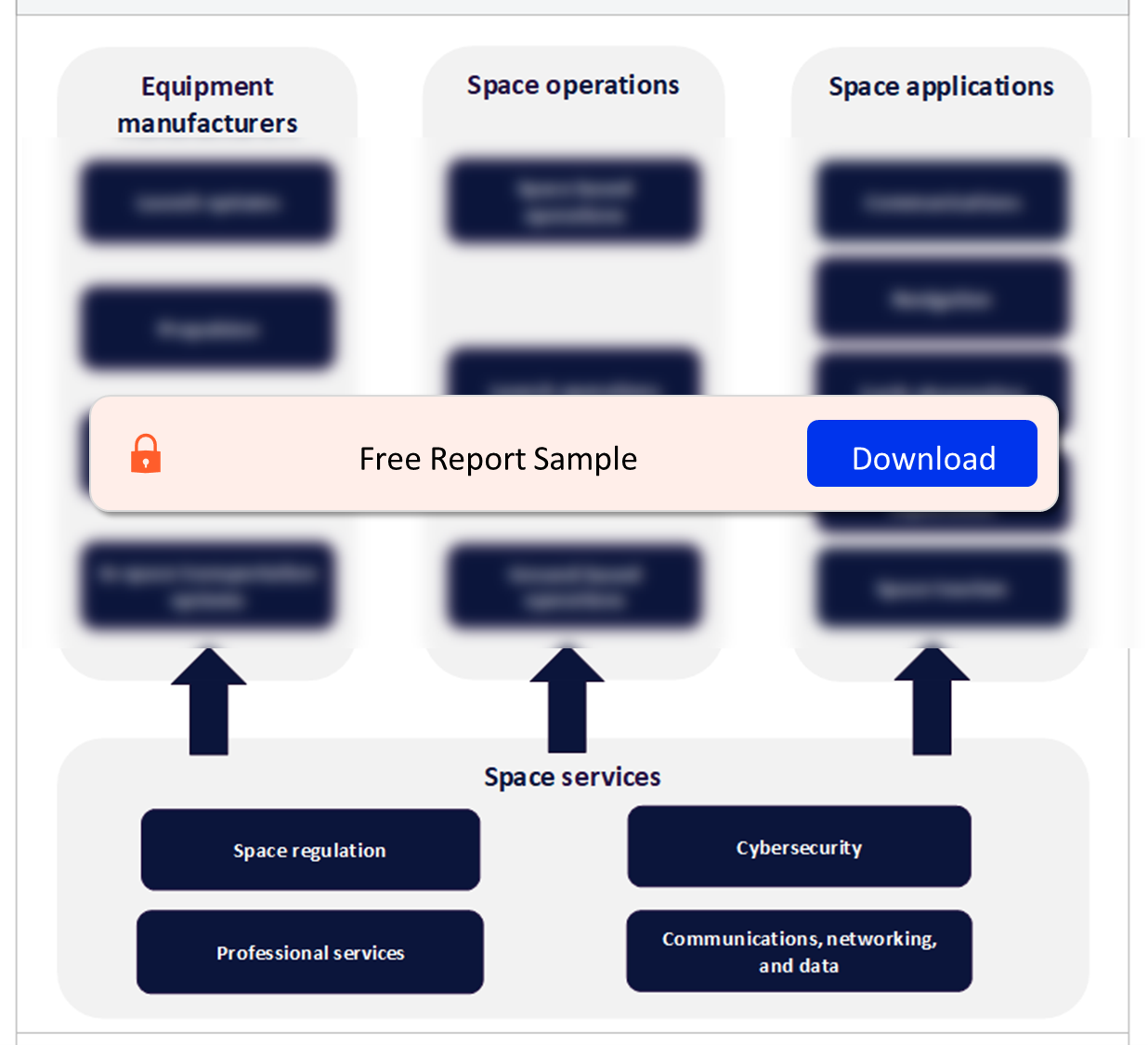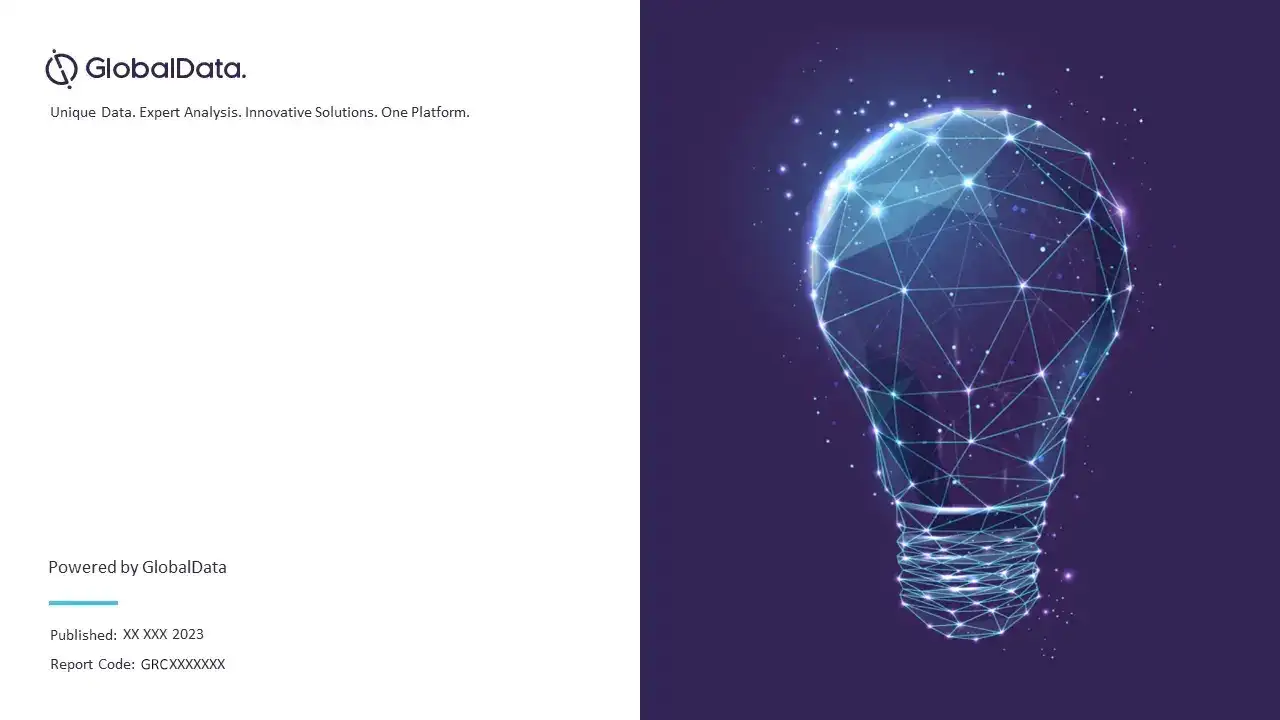Space Economy – Thematic Intelligence
Powered by ![]()
All the vital news, analysis, and commentary curated by our industry experts.
Space Economy Theme Analysis Report Overview
Space is no longer the sole domain of governments and incumbent aerospace and defense companies. Technological advances in manufacturing, propulsion, and the launch of rockets have made it much easier and less expensive to venture into space. Those businesses that pursued emerging opportunities have gained a first-mover advantage. For instance, SpaceX was the first private company to launch a spacecraft into orbit and return it safely to Earth-.
The Space Economy thematic report provides an overview of the space economy theme. It identifies the key trends impacting the growth of the sector over the next 12 to 24 months, split into three categories: technology trends, macroeconomic trends, and regulatory trends. It includes a comprehensive industry analysis, outlining the key growth areas and potential use cases.
| Total Pages | 68 |
| Market Size (2022) | $450 Billion |
| CAGR (2022-2030) | 6% – 10% |
| Key Value Chain Components | · Physical Layer
· Connectivity Layer · Data Layer · App Layer · Services Layer. |
| Leading Listed Players | · Astra Space
· Boeing · L3Harris |
| Leading Private Players | · Agnikul Cosmos
· Arianespace · Blue Origin |
| Leading State-Owned Companies | · Antrix
· China Aerospace Science & Industry Corporation (CASIC) · China Aerospace Science and Technology Corporation (CASC) |
| Enquire & Decide | Discover the perfect solution for your business needs. Enquire now and let us help you make an informed decision before making a purchase. |
Space Economy Market Trends
The main trends shaping the space theme over the next 12 to 24 months are classified into technology trends, macroeconomic trends, and regulatory trends.
Technology Trends: Some of the key technology trends gaining traction in the space economy market include the growing popularity of small satellites, the development of new types of propulsion beyond chemical rockets, investment in the removal of space junk, ongoing R&D in microgravity manufacturing, and increasing space cybersecurity risks among others.
Macroeconomic Trends: The dominance of big players such as SpaceX, renewed interest in developing space weaponry owing to geopolitical tensions, and deterioration of Russia’s space sector among others are the key macroeconomic trends impacting space the economy market.
Regulatory Trends: Lack of global space regulations, minimal impact of regulation on private companies, and lack of uniform regulation for collisions and space debris among others are the prominent regulatory trends influencing the space economy theme.
Buy the Full Report for More Insights on Space Economy Trends
Space Economy - Industry Analysis
The space economy industry was worth $450 billion in 2022 and is expected to expand at a compound annual growth rate (CAGR) somewhere between 6% and 10% from 2022 to 2030. This growth can be attributed to an increase in the adoption of satellites, applications, and services around data communications, navigation, and Earth observation. Other growth drivers include falling manufacturing and launch costs, the entrance of non-Western companies in the space economy market, increased space militarization, and new uses for data points from space.
However, different scenarios indicate different growth rates for the space economy market over the coming decade. This is because of the issues that may restrict growth. The issues include a continuation of the currently challenging global economic environment, Russia’s permanent exit from the space economy, and whether Chinese companies can live up to China’s space ambitions.
The space economy industry analysis also comprises –
- Timeline
- M&A trends
- Venture financing trends
- Patent trends
- Company filing trends
- Hiring trends
Buy the Full Report for More Insights on Industry Analysis in the Space Economy
Space Economy Value Chain Insights
The space economy value chain is growing in complexity as it moves from an R&D-focused industry into the large-scale production and exploration of space. The value chain is divided into four core layers: equipment manufacturers, space operations, space applications, and space services.
Space services: The growing commercial space economy drives the development and delivery of regulatory, professional, and technical services. These services are provided to companies working in the space economy. They include space regulation, legal services, insurance, consulting services, networking, connectivity and communications, and cybersecurity. Each of these services demands a specialist capability be applied to an area of the commercial space world that is still a work in progress as an industry.
The Space Economy Value Chain Analysis
Buy the Full Report for More Insights on the Value Chain in Space Economy
Space Economy Industry – Competitive Landscape
Some of the public companies making their mark within the space economy theme.
- Astra Space
- Boeing
- L3Harris
- Lockheed Martin
- Northrop Grumman
Some of the private companies making their mark within the space economy theme.
- Agnikul Cosmos
- Arianespace
- Blue Origin
- ICON
- SpaceX
Some of the state-owned companies making their mark within the space economy theme.
- Antrix
- China Aerospace Science & Industry Corporation (CASIC)
- China Aerospace Science and Technology Corporation (CASC)
Buy Full Report for More Insights on leading players in the Space Economy
Scope
The space economy can be broadly defined as the full range of activities that create value and benefits for humans while exploring, researching, understanding, managing, and using space. Space is an extensive industry, and a vast number of companies are helping drive this new economy. From equipment manufacturers to space operations, applications, and services, these comprise many of the world’s most technologically advanced and innovative organizations.
Key Highlights
Space is no longer the sole domain of governments and incumbent aerospace and defense companies. Technological advances in manufacturing, propulsion, and the launch of rockets have made it much easier and less expensive to venture into space. Those businesses that pursued emerging opportunities have gained a first-mover advantage. SpaceX was the first private company to launch a spacecraft into orbit and return it safely to Earth. Today, SpaceX is charging clients $67 million per launch of the Falcon 9, its partially reusable medium-lift launch vehicle.
Investor interest, evident gaps in the market, and advancements in space technologies have led to a surge in start-ups entering the space economy in the last five years. Governments, too, see space as an opportunity and are investing in it. In August 2023, India’s Chandrayaan-3 was the world’s first spacecraft to land on the south pole of the Moon. In India, the successful landing led to a collective national celebration. Such events are rare. The unforgiving environment of space exploration is matched by the harsh financial reality of developing space technologies, which has made acquisitions of complementary companies, strategic suppliers, and partners more likely. The sector has become incredibly competitive, with various start-ups developing similar concepts for cost-effective rockets and satellites to rival the aerospace giants. In 2022, Eutelsat and OneWeb merged, while Viasat acquired Inmarsat in 2023. Market consolidation will continue.
Reasons to Buy
Understand the impact of the space economy theme. Access the latest data on the space economy theme across all sectors. Identify the leading technological advancements increasing investment into the space economy theme. Understand what leading players are doing in the space economy theme.
Aalyria
Accenture
Aerospace Corporation
Airbus
Alden Legal
Allianz
Altius Space Machines
Amazon
Aon
ArianeGroup
Arturo.AI
Astra
Astranis
Astroforge
Astroscale
ATLAS
Atomos
Atrium
Avio
Axa
Axiom Space
Axipeter
BAE Systems
Bain
BCG
BlackSky
Blue Orbit
Blue Origin
Boeing
Booz Allen
Burges Salmon
CACI
Canopius
CAPE Analytics
CAS Space
CASC
CGI
ClearSpace
ClimateX
Clyde & Co
CNSA
Copernicus
Crescent
CSA
CyberOps
DARPA
Deloitte
Descartes Labs
DLA Piper
EchoStar (Hughes)
Energia
EOS Data Analytics
ESA
Euroconsult
European Center for Space Law
Eutelsat
Exolaunch
Exotrail
ExpanseInsure
EY
FAA
Fairmont
FCC
FieldFisher
Firefly Aerospace
GAIT Global
Galactic Energy
GalaxySpace
Gallagher
Garmin
General Dynamics
Geospatial Insight
Global Space Consulting
GOMspace
Hexagon
HFW
Hogan Lovells
Honeywell
Impulse Space
Inmarsat
Intelsat
Invictus
Iridium Communications
iSpace
ISRO
JAXA
Jones Walker
KARI
Kongsberg (KSAT)
KPMG
L3Harris Technologies
LandSpace
Leaf Space
Leonardo
Lockheed Martin
Maana Electric
Marsh
Maxar Technologies
McKinsey
MDA
Microsoft
Millbank
Moog
Munich Re
Nanoracks
NASA
NearSpace Launch
Northrop Grumman
OBH
Obruta
OneWeb
Orbex
Orbital Insights
PA Consulting
Parker Hannifin
Planet Labs
Preligens
Priamos
Reaction Engines
Redwire
Relativity Space
Rezatec
RHEA Group
Rivada Space
Rocket Lab
Roscosmos
RTX
Safran
Satellogic
SES
Sierra Nevada (Sierra Space)
Skyrora
Skywatch
Space Pioneer
Spaceflight
SpaceKnow
SpaceLink
SpaceTec Partners
SpaceX
Spire Global
ST Engineering
Swift Geospatial
Taranis
Telesat Communications
Telespazio
TerraMonitor
Tethers Unlimited
Thales Alenia Space
Thales Group
The Exploration Company
ThrustMe
TransAstra
Trimble
United Launch Alliance
US Air Force
Viasat
Virgin Galactic
XingWang
Table of Contents
Frequently asked questions
-
What was the size of the space economy industry in 2022?
The space economy industry was worth $450 billion in 2022.
-
What is the space economy industry's growth rate?
The space economy industry is expected to expand at a compound annual growth rate (CAGR) of between 6% and 10% between 2022 and 2030.
-
What are the key space economy industry trends?
The key space economy industry trends are technology, regulatory, and macroeconomic trends.
-
Who are the leading public players associated with the space economy theme?
Some of the leading public players associated with this space economy theme include Astra Space, Boeing, L3Harris, Lockheed Martin, and Northrop Grumman among others.
-
Who are the leading private players associated with the space economy theme?
Some of the leading private players associated with this space economy theme include Agnikul Cosmos, Arianespace, Blue Origin, ICON, and SpaceX.
-
Who are the leading state-owned players associated with the space economy theme?
Some of the leading state-owned players associated with this space economy theme include Antrix, China Aerospace Science & Industry Corporation (CASIC), and China Aerospace Science and Technology Corporation (CASC).
Get in touch to find out about multi-purchase discounts
reportstore@globaldata.com
Tel +44 20 7947 2745
Every customer’s requirement is unique. With over 220,000 construction projects tracked, we can create a tailored dataset for you based on the types of projects you are looking for. Please get in touch with your specific requirements and we can send you a quote.
Related reports
View more Space Systems reports











